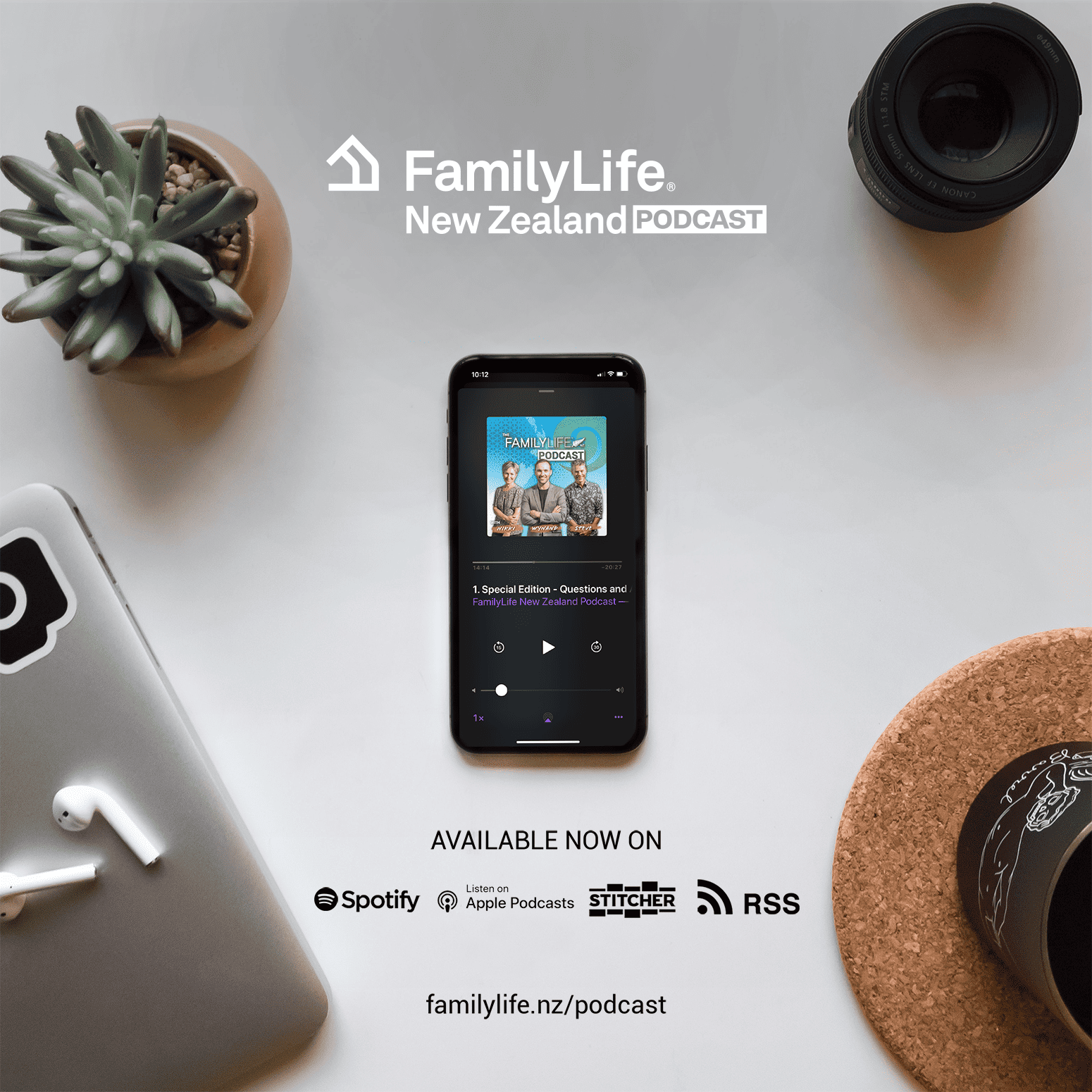Have you ever fought about money in your relationship? I bet you have. I bet that some of your fiercest arguments have involved finances. Money is, and probably always has been, one of the leading causes of conflict in marriage.
Why is that? Why does the issue of money get so much of our mental and emotional real estate?
Let me answer that. It’s because when we’re discussing money, it’s not just about money!
What is the fight really about?
A conversation around money is never just about the practicalities of how the money is to be spent or saved. A conversation around money has a back story and that story includes your family of origin and your values.
We can often underestimate the power of our differing backgrounds. We develop a money mindset from our family of origin and our past experiences, and that mindset informs our beliefs regarding money. I came from a background where money was scarce; we had it and then due to parental divorce we lost it. It was a recurring pattern. And so for me, money represented security, and the way it played out in our marriage was that I was a saver. I planned for financial droughts. Andy’s family wasn’t wealthy, they were wise and careful and they were generous. Andy adopted this mindset. To Andy, money represented freedom, and it was to be enjoyed and spent.
You can imagine that bringing these two different mindsets together was challenging.
I was defending my greater value of security and he was defending his value of freedom.
In the early years of our marriage, it seemed all we ever did was fight about money rather than having healthy discussions. I ended up passing the whole area of finance over to Andy by ‘dropping the ball and walking off the court’. Not a strategy I’d recommend to any couple!
Over time I came ‘back onto court and played ball’. Once we understood and appreciated the values that we were striving for we could then approach the issue with flexibility and an attitude of teamwork.
Become a
Marriage Mentor
Changing perspective
What helped was viewing our relationship like running a company. When running a company we have to discuss strategy, make five-year plans, have performance reviews with our staff, and of course, make plans around finance. A relationship needs the same attention, and the place to start is to view money matters as you would any other aspect of your relationship. We discuss roles and responsibilities within the home, we talk about children’s schedules, vacations, etc. and finance is just another aspect that needs the same regular attention.
I would suggest the place to start is to make time in your diary so that you can together have a ‘financial meeting’. Maybe begin by asking the other:
“I think we’d really benefit by bringing both our perspectives together around finance and have some regular conversations. Would you be open to having fortnightly catch-ups, so we can be on the same page?”
If these conversations haven’t gone well in the past, then keep in the forefront of your mind that you want a healthy discussion, not a confrontation. If it gets ‘heated’ then stop and re-schedule. When we get emotional the rational part of our brain shuts down and the conversation will not end well. Instead, recognize that you are emotional and give each other the space and grace to cool down.
Practical steps to throw the ‘right’ punches:
- Have financial conversations at a time that suits you both. Be aware of when is the best time and place. Andy learned that we couldn’t have these types of discussions after 9pm because I couldn’t think clearly when I was tired. I learned that Andy needed to have it scheduled in our diaries as a meeting. He could focus when he saw it as a ‘task’.
- Be aware that words are crucial. We can get triggered easily so ensure that you don’t blame or criticise, and bring a humble spirit to the table.
- Focus on the problem (the budget, or lack of) rather than the person (the spender).
- Focus on the behaviour (maybe overspending) rather than the person’s character (“oh you’re just hopeless with money”).
- Focus on specifics (“last month we overspent here”) rather than generalisations (“you always overspend”).
- Focus on facts (we went over-budget by this much) rather than a judgment of motive (“you care more about money than me”).
- Focus on “I” statements rather than “you” statements. (Try saying, “I get concerned about our finances when I don’t know what our financial situation is” rather than “you never tell me what’s happening with our money”).
Using these tools will ensure that the conversation stays productive rather than becoming blaming and accusatory.
Subscribe to the FamilyLife NZ Podcast
Other helpful strategies to adopt regarding money:
- Create a budget together. A budget means that you tell your money where it is going rather than looking at the accounts at the end of the month and wondering where it went.
- Create an “ours” rather than “mine” money culture. Many young couples today believe that having separate accounts is the best option and each person pay their own bills. However, research has not shown this to be true. Separation divides rather than bringing you closer, and the goal of marriage is closeness and oneness, not isolation and separation.
- Create shared financial goals. Remember you’re a team and having team goals brings unity and gives you something to work towards together.
- Learn to distinguish between a want and a need. Recognise that saying ‘no’ to an immediate want is saying ‘yes’ to your financial needs.
- Live by these principles
- Live it – enjoy your money but be wise.
- Give it – donate. Give some away to those less fortunate than yourselves or tithe to your church or a charity.
- Save it – always save something for emergencies.
- Limit it – limit your debt and spending. Remember that if you want more money in the bank you need to spend less.
- Build honesty and trust by keeping purchases out in the open. There is no place for secrecy in your finances. Secrecy can breed deceit and lead to a downward spiral.
- Be faithful financially as well as in your love commitment.
Remember that money is just a resource, a tool to be managed to accomplish God’s plans and purposes and is not the source of our happiness. If we keep in mind that God actually owns it all and we are merely stewards, then we will keep a healthy attitude towards money.
How we handle our finances together may be the biggest test of oneness in our marriage.








